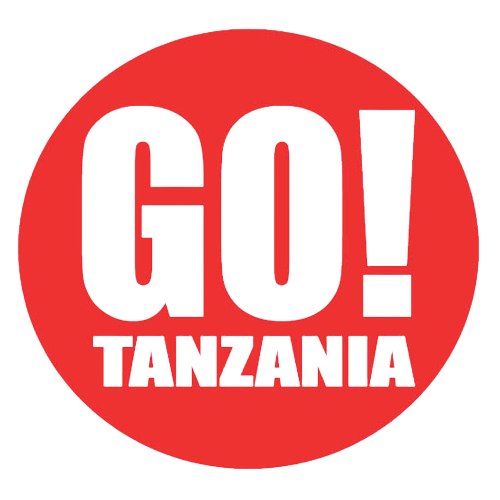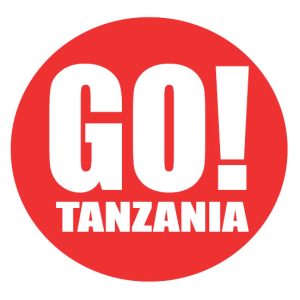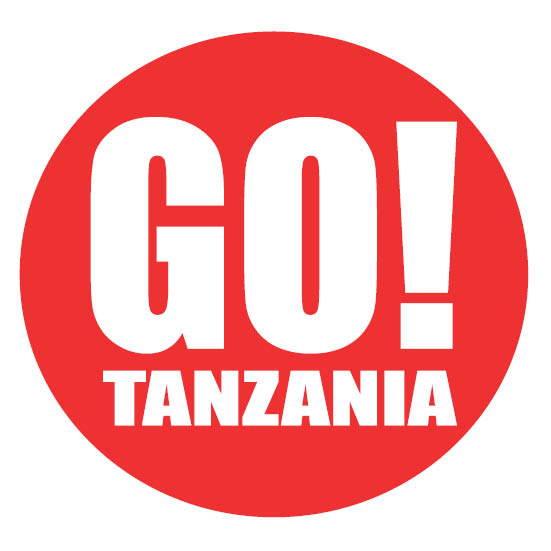
Pattni allegedly bribed officials in Zimbabwe to earn illicit profits from the country’s gold and diamond trade. He is also accused of moving dirty money, using his global business empire that extends from Zimbabwe and Dubai to Singapore and London to launder it.
RECOMMENDED STORIES
list of 4 items
Gold smuggler tied to Kenyan plunder is back — now in Zimbabwe
Top Zimbabwe ambassador involved in gold smuggling scheme
Who are the Gold Mafia? A cigarette don and a man named ‘Dollars’
Six secrets uncovered by Al Jazeera’s Gold Mafia investigation
end of list
The US Department of Treasury said that Pattni’s fraudulent scheme “has robbed Zimbabwe’s citizens of the benefit of those natural resources while enriching corrupt government officials and criminal actors”.
“Across the globe, when corrupt actors like Pattni choose to exploit openings in governance structures to benefit themselves and their cronies, communities suffer and public trust is undermined,” Acting Undersecretary of the Treasury for Terrorism and Financial Intelligence Bradley T Smith said in a statement released by the US Treasury Department.
Pattni was born in Kenya, where he became notorious in the 1990s for his alleged role in the so-called Goldenberg Scandal, a gold smuggling scheme that is believed to have robbed Kenya of $600m – equivalent to 10 percent of the country’s gross domestic product at the time and led to charges of corruption against many members of then-President Daniel Arap Moi’s government. After years of prosecution, Pattni was acquitted. He has since reinvented himself as an evangelical pastor, known as Brother Paul.
Pattni featured prominently in I-Unit’s Gold Mafia, broadcast in 2023. The four-part investigation revealed the criminal gangs that control gold exports in Southern Africa for the benefit of corrupt politicians and launder their profits around the world.
Pattni described how his businesses in Zimbabwe relied on the political support from President Emmerson Mnangagwa and how an employee would pay regular bribes to the president to keep him on side. “When you work, you must always have the king with you, the president”, Pattni told the reporters.
Mnangagwa did not respond to the I-Unit’s requests for comment.
Front companies
The I-Unit’s undercover reporters claimed to be Chinese gangsters with more than $100m of dirty cash they needed clean. Pattni described a way to launder the dirty money by using it to fund his gold-buying operations in Zimbabwe.
The undercover reporters were invited to Dubai by Pattni who took them on a tour of his companies and introduced them to key figures in his operation. Many of them are named among the 27 companies and individuals in Pattni’s network sanctioned by the US Treasury.
As well as undercover meetings with Pattni, the I-Unit’s investigators obtained a trove of files from inside Pattni’s operation and spoke to whistleblowers who explained the inner workings of his operation, including bribery at Zimbabwe’s national gold refinery and smuggling at Harare Airport.
When asked to explain the revelations emerging from Al Jazeera’s investigation, Pattni denied any criminal wrongdoing in Kenya and emphasised that he had never been convicted in relation to his activities in that country. He denied involvement in any kind of money laundering, as well as employing anyone to smuggle cash or offering to deal with funds he knew originated from illegal sources.
He said that when he met Al Jazeera’s undercover team, he thought he was meeting an investor who wanted to buy a stake in hotel businesses and “to divest of a portfolio in China into gold buying and mining in Zimbabwe”.
Al Jazeera



